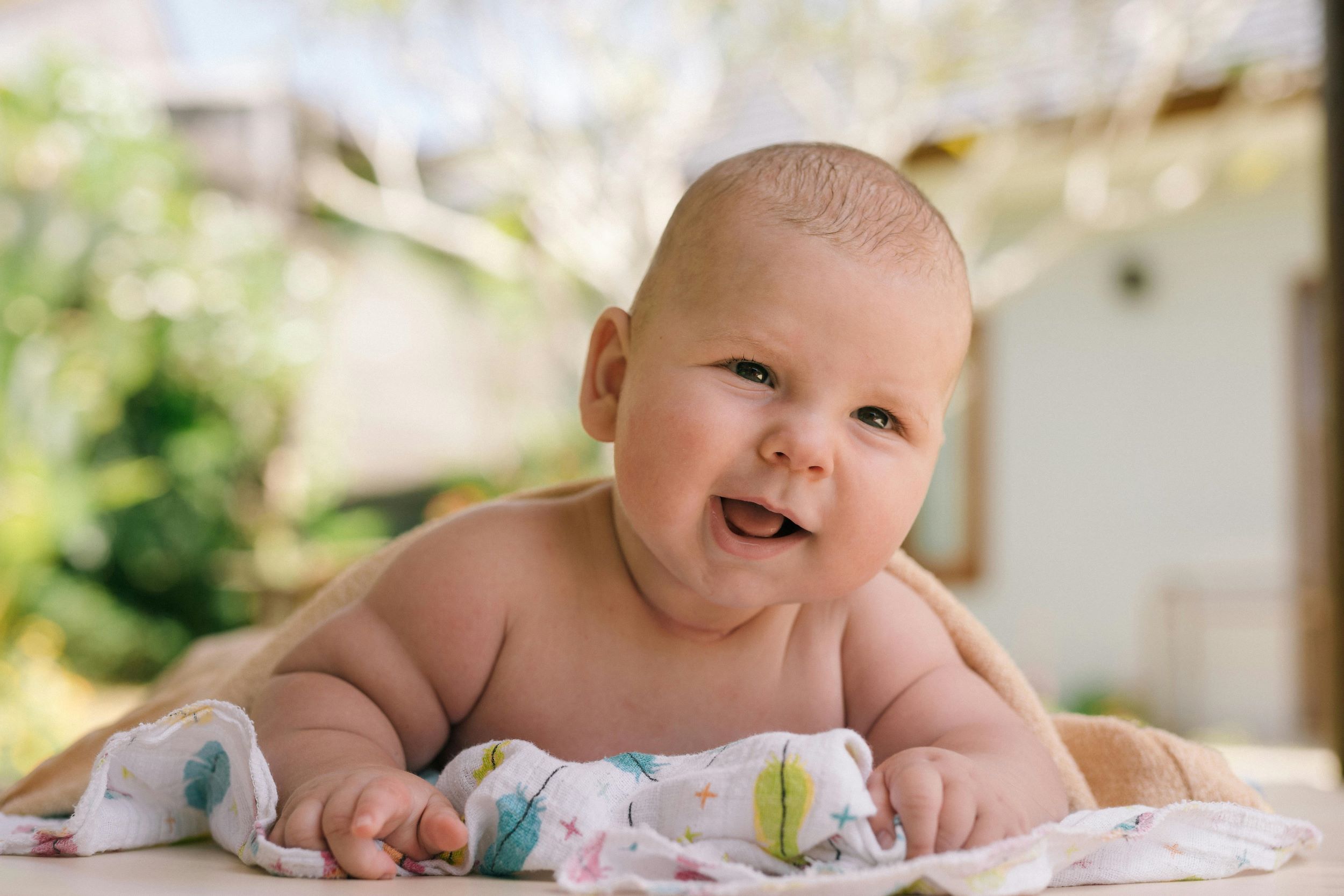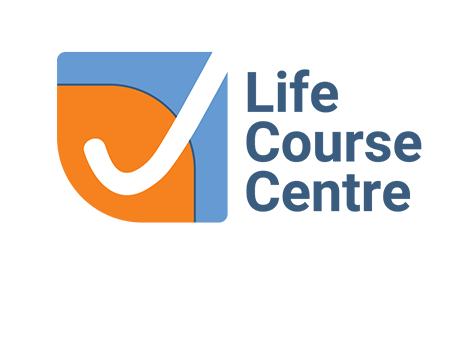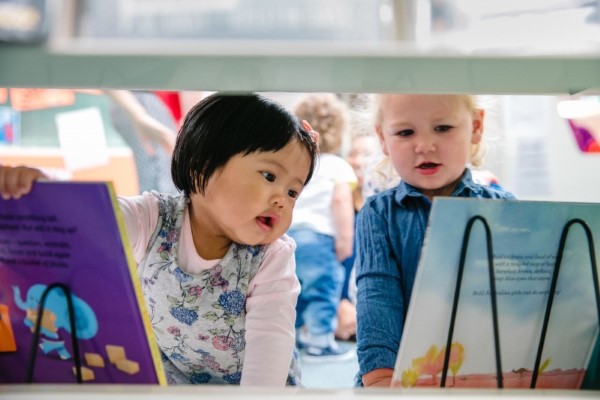Search
Showing results for "early life"

News & Events
Australian-first study set to unveil major impact of ear disease on Aboriginal childrenResearchers from The Kids Research Institute Australia have been awarded a $1.1 million NHMRC ‘Targeted Call for Hearing Health’ grant to conduct the first ever study following Aboriginal babies from birth through to five years to uncover the true prevalence of middle ear infections and hearing loss.
Research
Restricted aeroallergen access to airway mucosal dendritic cells in vivo limits allergen-specificChronic innocuous aeroallergen exposure attenuates CD4+ T cell-mediated airways hyperresponsiveness in mice; however, the mechanism(s) remain unclear
Research
Atopy-dependent and independent immune responses in the heightened severity of atopics to respiratory viral infections: Rat model studiesThe co-exposure responses in the Th2high BN incorporated type I interferon/Th1, alternative macrophage activation/Th2 and Th17 signatures
Research
Pregnancy Induces a Steady-State Shift in Alveolar Macrophage M1/M2 Phenotype That Is Associated With a Heightened Severity of Influenza Virus InfectionPregnancy is associated with an alternatively activated phenotype of alveolar macrophage before infection

Determining the associations of sun exposure in early life on the development of non-communicable diseases.
Research
Wellbeing and distress in young people with chronic conditions: how do positive psychology variables relate to mental health outcomes?The aim of this study was to determine the unique and shared contributions of various positive psychology constructs (gratitude, optimism, hope, self-compassion, self-efficacy, and emotion regulation) to wellbeing and distress outcomes in young people living with a diverse range of chronic health conditions.

People within the Life Course Centre.

News & Events
Improving development and learning of children in Western AustraliaDiscover the EYI Research Profile at The Kids' Institute, showcasing innovative child health research and its impact on young lives.
Research
Investment in child and adolescent health and development: key messages from Disease Control Priorities, 3rd EditionThe realisation of human potential for development requires age-specific investment throughout the 8000 days of childhood and adolescence
Research
Improving access to primary care for Aboriginal babies in Western Australia: Study protocol for a randomized controlled trialA population-based, stepped wedge, cluster randomized controlled trial of an enhanced model of early infant primary care
